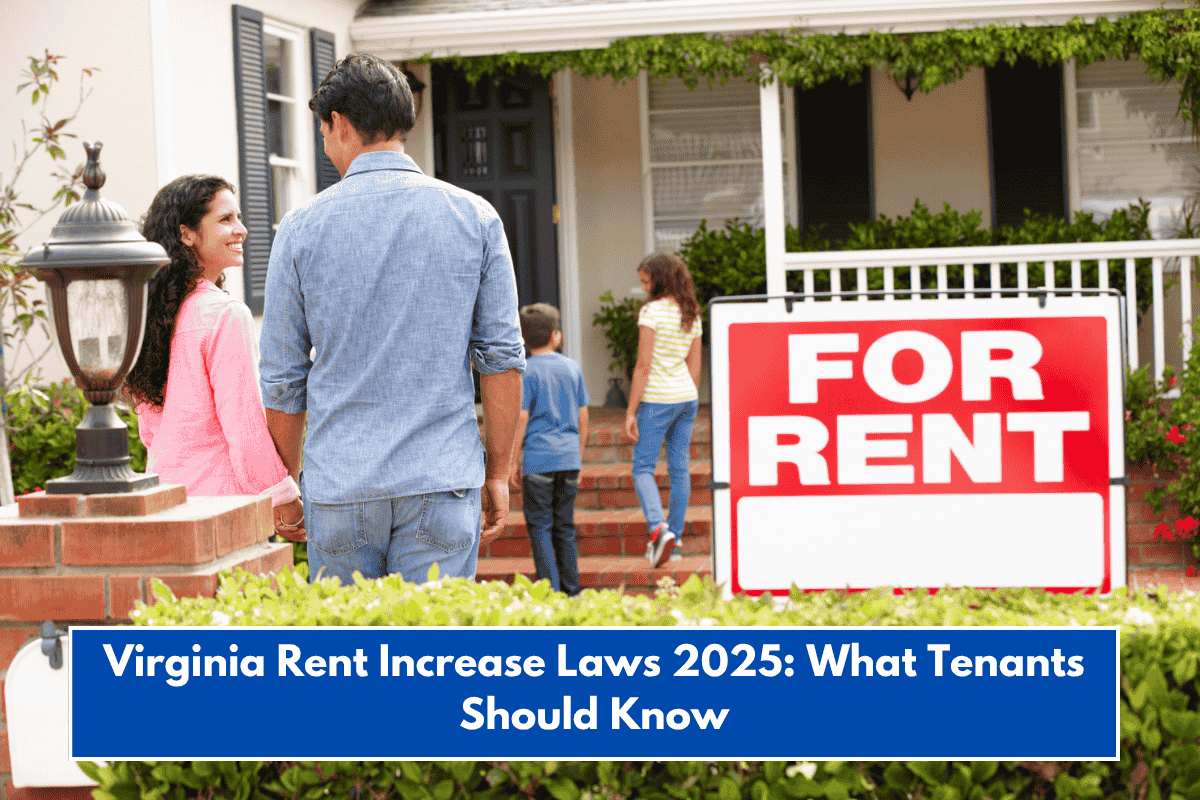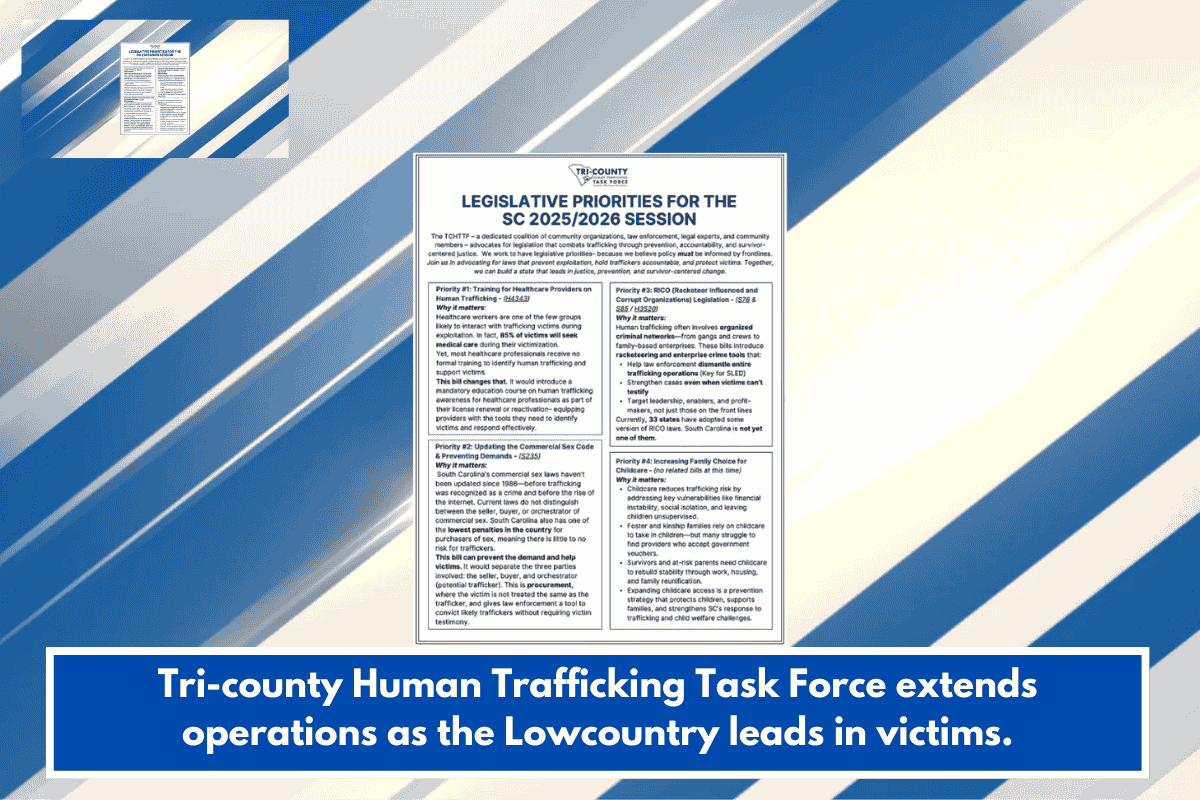As the rental market continues to evolve across the United States, understanding your rights as a tenant becomes even more important—especially in states like Virginia, where rent increases can be a topic of concern. Whether you’re in the middle of a lease or preparing for an upcoming renewal, it’s essential to know what the law says about rent increases and how to protect yourself.
Here’s everything tenants in Virginia need to know about rent increases in 2025:
1. No Rent Control in Virginia
Virginia does not have rent control laws, which means that landlords have the freedom to set rental prices. However, that doesn’t mean they can increase rent as much or as frequently as they want. Landlords must follow specific rules set forth by the state, and tenants still have certain protections to prevent abuse.
2. How Often Can Rent Be Increased?
In Virginia, landlords can increase the rent as often as they want, but the key is the lease agreement. If you’re in a fixed-term lease, your rent cannot be increased until the lease term ends unless your lease explicitly allows for it.
For month-to-month leases, landlords can raise rent with proper notice. The law requires that tenants receive at least 30 days’ notice before the increase takes effect. This gives tenants time to decide whether they want to accept the increase, negotiate with the landlord, or move out.
3. Rent Increase Limits for Federal and State Programs
If you’re receiving rental assistance through federal or state programs, such as Section 8 housing, there are limits on rent increases. These programs typically require the landlord to submit a request for a rent increase, which must then be approved by the relevant authorities. For Section 8 housing, the rent increase must meet the program’s fair market rent guidelines.
4. How Much Can Rent Be Increased?
While there’s no cap on how much rent can be increased in Virginia, the increase must be reasonable and comply with the lease. A sudden or excessive increase in rent could be deemed unconscionable, and the tenant could have legal grounds to challenge it in court.
For instance, if a landlord tried to increase the rent by 50% in a month-to-month lease, it may be viewed as unreasonable. Courts generally consider market conditions and the previous rent levels when determining the fairness of an increase.
5. What If Rent Increase Violates Lease Terms?
If your lease specifies a set rental amount for the duration of the lease, and the landlord tries to increase it during the lease term, this would violate the lease agreement. If this happens, tenants can refuse to pay the increased rent and may seek legal advice or file a complaint. It’s always important to read your lease carefully and discuss any unclear clauses with your landlord before signing.
6. Rent Increase Discrimination Is Illegal
Landlords are prohibited from increasing rent in a discriminatory manner. For example, a landlord cannot increase the rent due to a tenant’s race, sex, religion, disability, or family status. Such actions violate the Fair Housing Act and tenants can file complaints with the U.S. Department of Housing and Urban Development (HUD).
Additionally, tenants who exercise their legal rights (such as filing complaints or reporting health and safety violations) are also protected from retaliatory rent increases.
7. Tenant Options If Rent Increases are Too High
If you feel that a rent increase is unfair or too high, there are a few options available to tenants:
- Negotiate with the landlord: If you’ve been a good tenant and have a good relationship with your landlord, it might be worth trying to negotiate a smaller increase.
- Seek legal advice: If the rent increase violates the terms of your lease, or if you feel that the increase is unconscionable, seeking legal advice or contacting a local tenant advocacy group can help you understand your options.
- File a complaint: If you believe your rent increase is discriminatory, you can file a complaint with HUD or your local housing authority.
8. What Happens If You Don’t Pay the Increased Rent?
If you do not pay the new rent after receiving proper notice, the landlord can begin the eviction process. However, the landlord must follow the legal eviction procedure and provide written notice and a chance for the tenant to respond.
9. Advice for Tenants Facing Rent Increases
- Know your rights: Familiarize yourself with Virginia’s laws regarding rent increases, especially as they pertain to your lease type.
- Document everything: Keep all notices of rent increases, communication with your landlord, and any other related documents in case you need them for legal purposes.
- Stay ahead of the curve: If you suspect a rent increase is coming, start researching comparable rents in your area to determine if the increase is reasonable.
In 2025, Virginia tenants should be aware that while rent control does not exist in the state, landlords must still follow specific regulations when increasing rent. From providing notice for month-to-month leases to ensuring that increases are reasonable, the state provides several safeguards to protect tenants. If you find yourself facing an unjust rent increase or need help understanding your rights, it’s always a good idea to consult with a legal expert or tenant rights organization to ensure you’re well-informed.
SOURCES
[1] https://www.hemlane.com/resources/virginia-rent-control-laws/
[2] https://www.doorloop.com/laws/virginia-rent-control-laws
[3] https://legacylis.virginia.gov/cgi-bin/legp604.exe?251+ful+HB721+hil
[4] https://www.steadily.com/blog/how-much-can-a-landlord-raise-rent-in-virginia
[5] https://nlihc.org/resource/state-virginia-adopts-new-laws-addressing-rental-fees-while-also-requiring-written-notice














